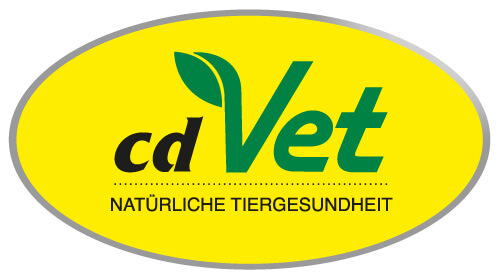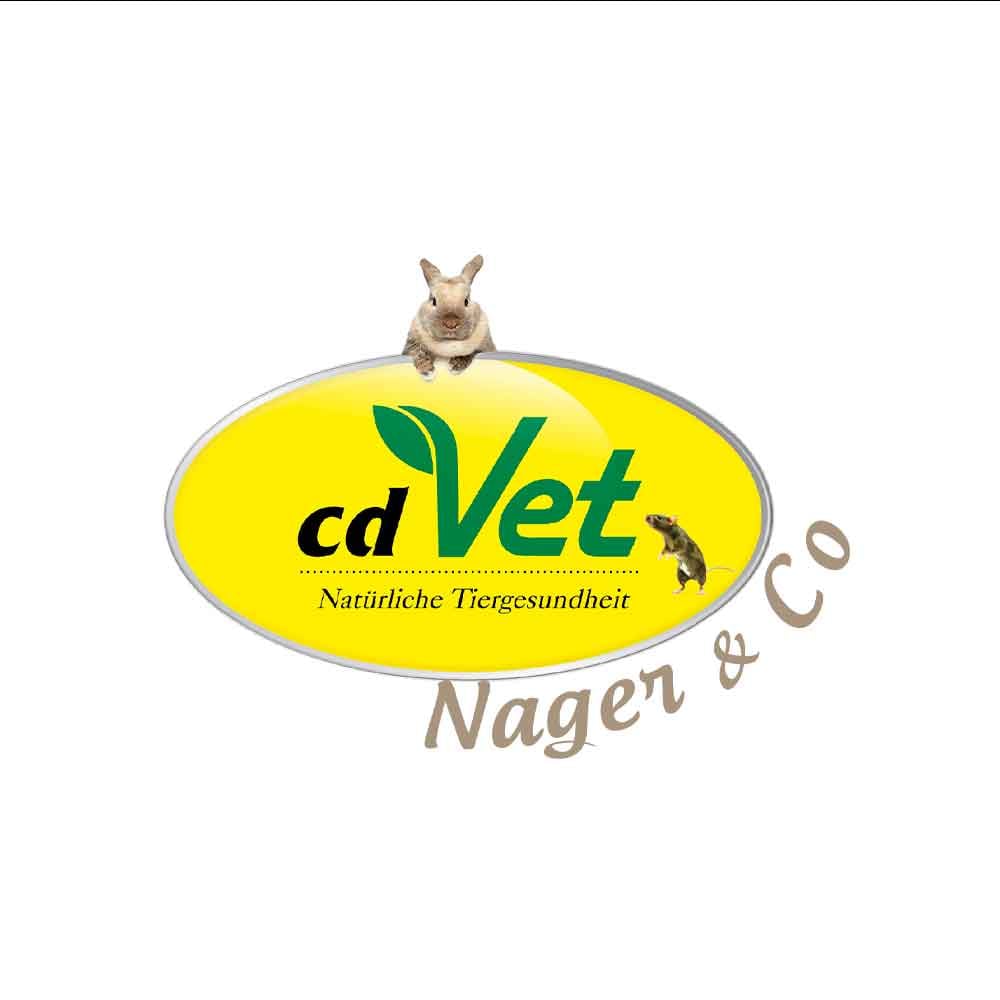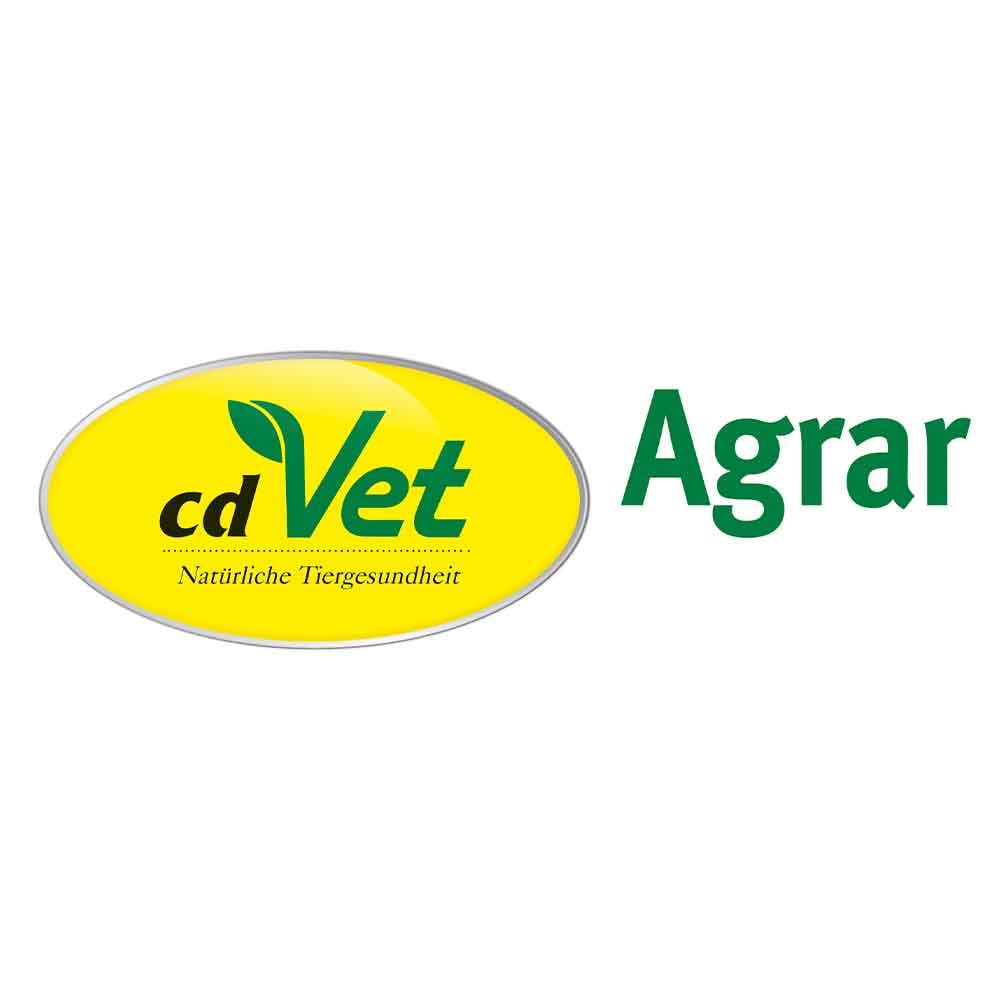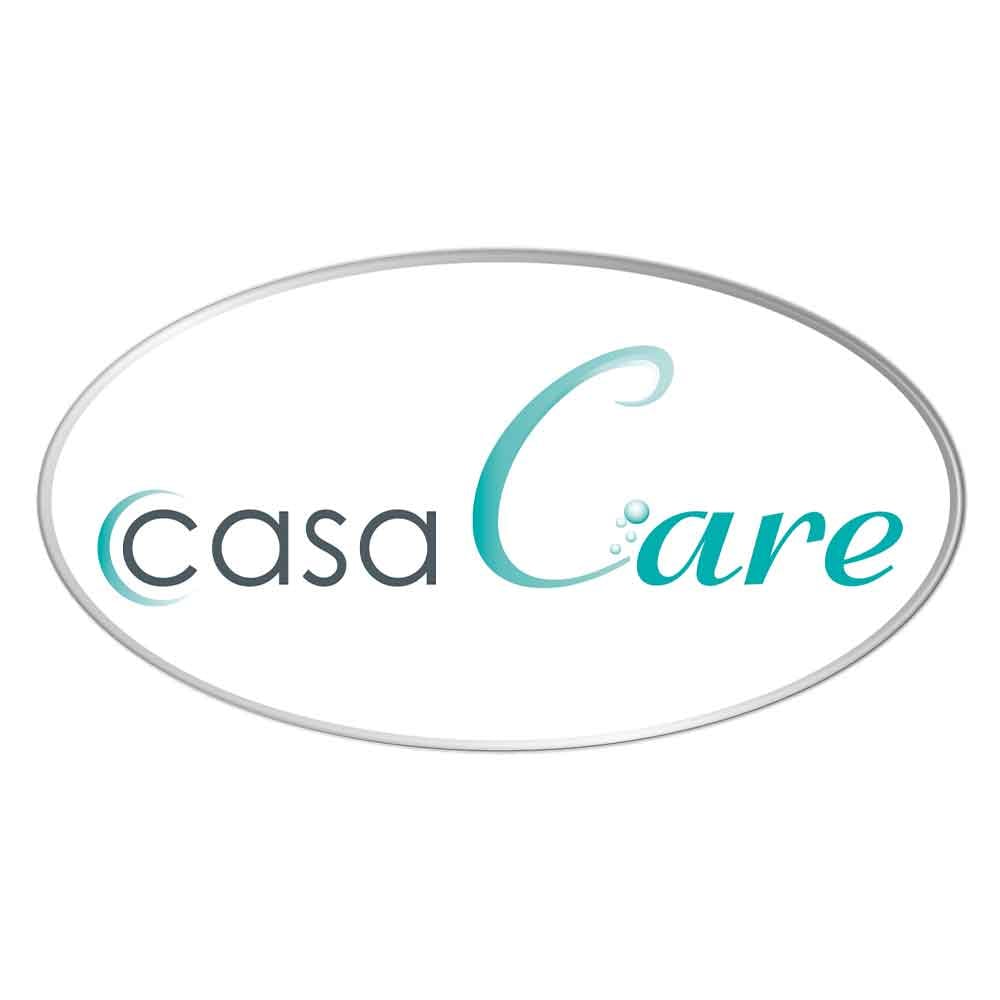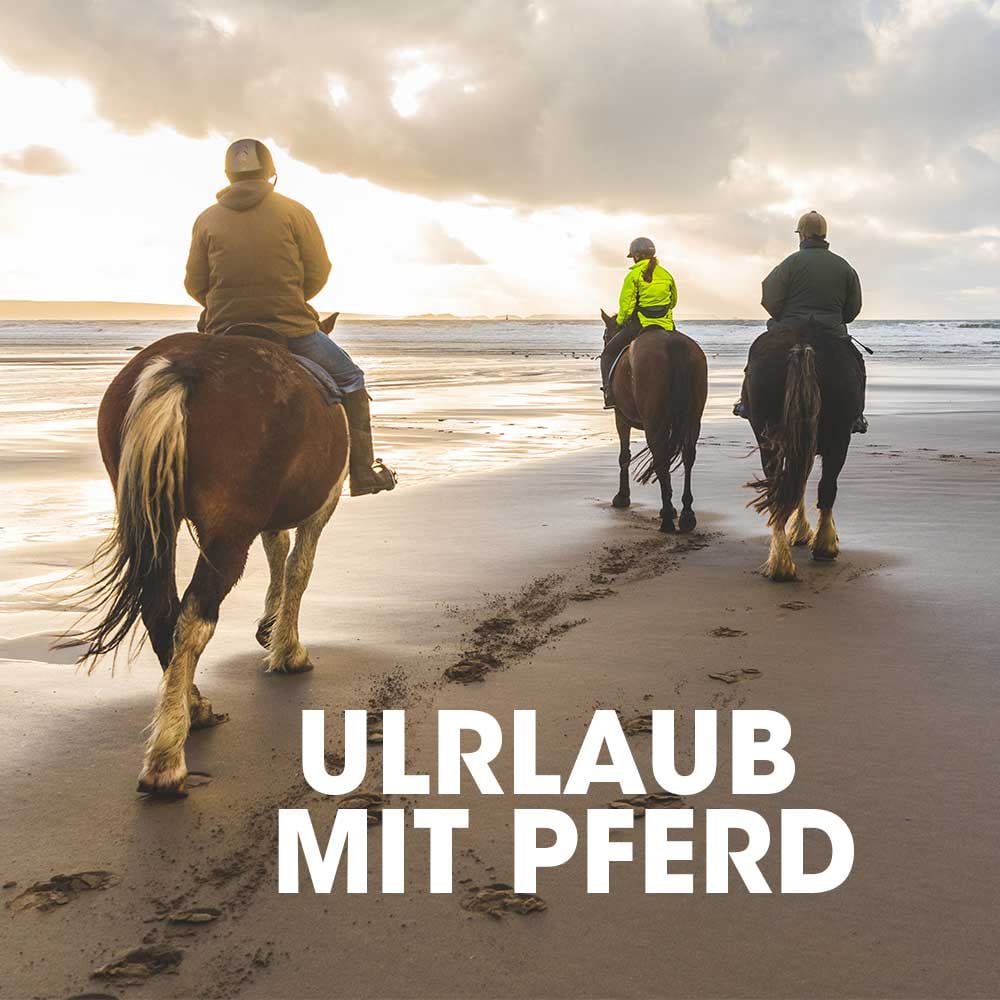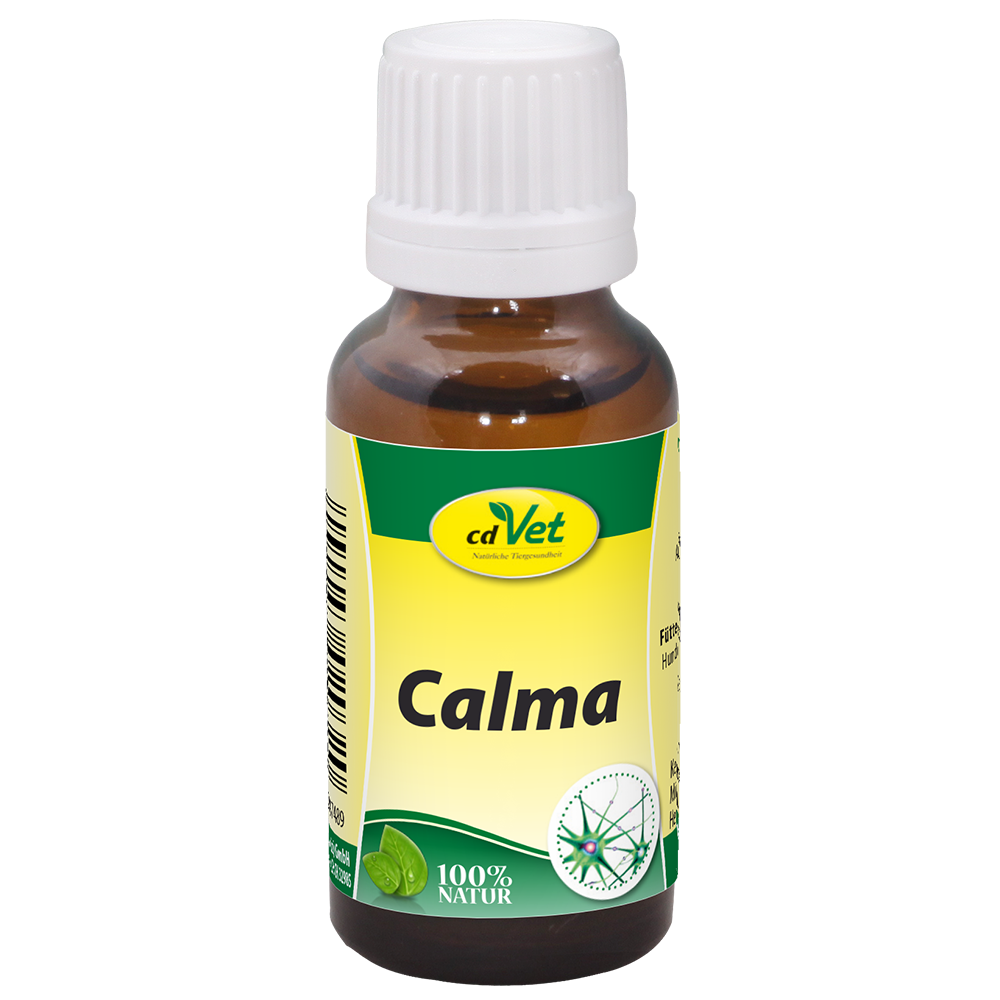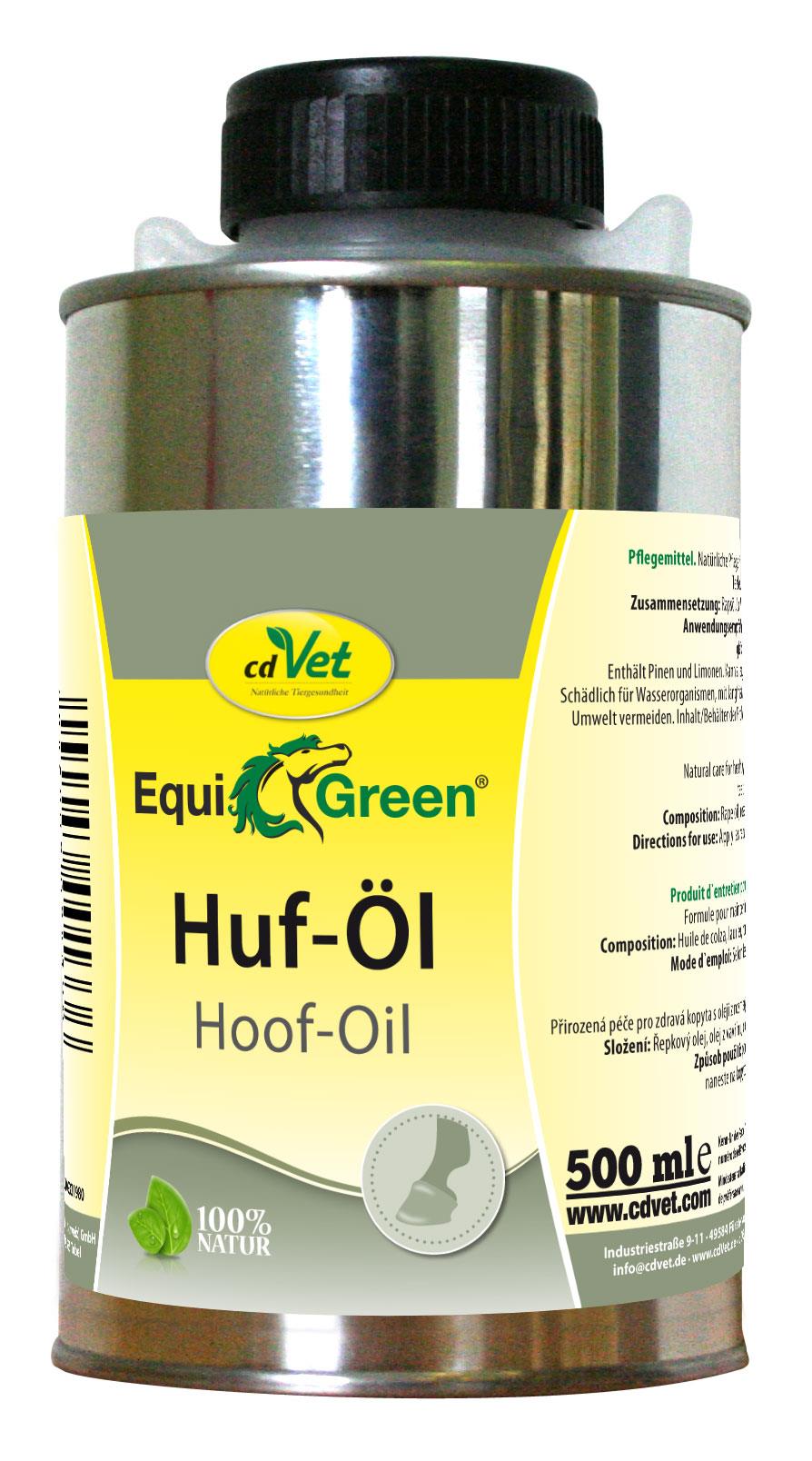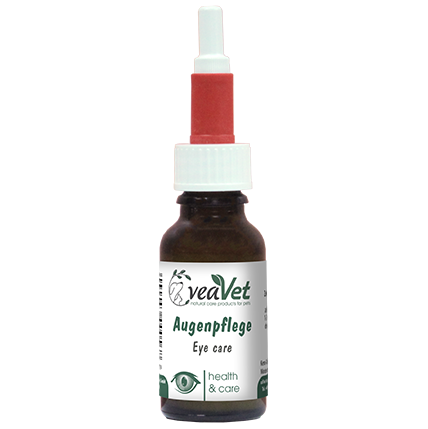Holidays with horses – travel preparations
Who doesn't know it: the dream of vacationing with your own horse. However, a longer trip or a trail ride should be well planned and prepared so that everything runs smoothly.
While for a short trip you only need to think about an equine passport, transport security for the horse (transport gaiters), water and hay, longer trips place higher demands on you as a horse owner.
We at cdVet have thought about this and put together a “small check-off list” for you so that the holiday becomes an unforgettable experience for you and your horse without any downsides.
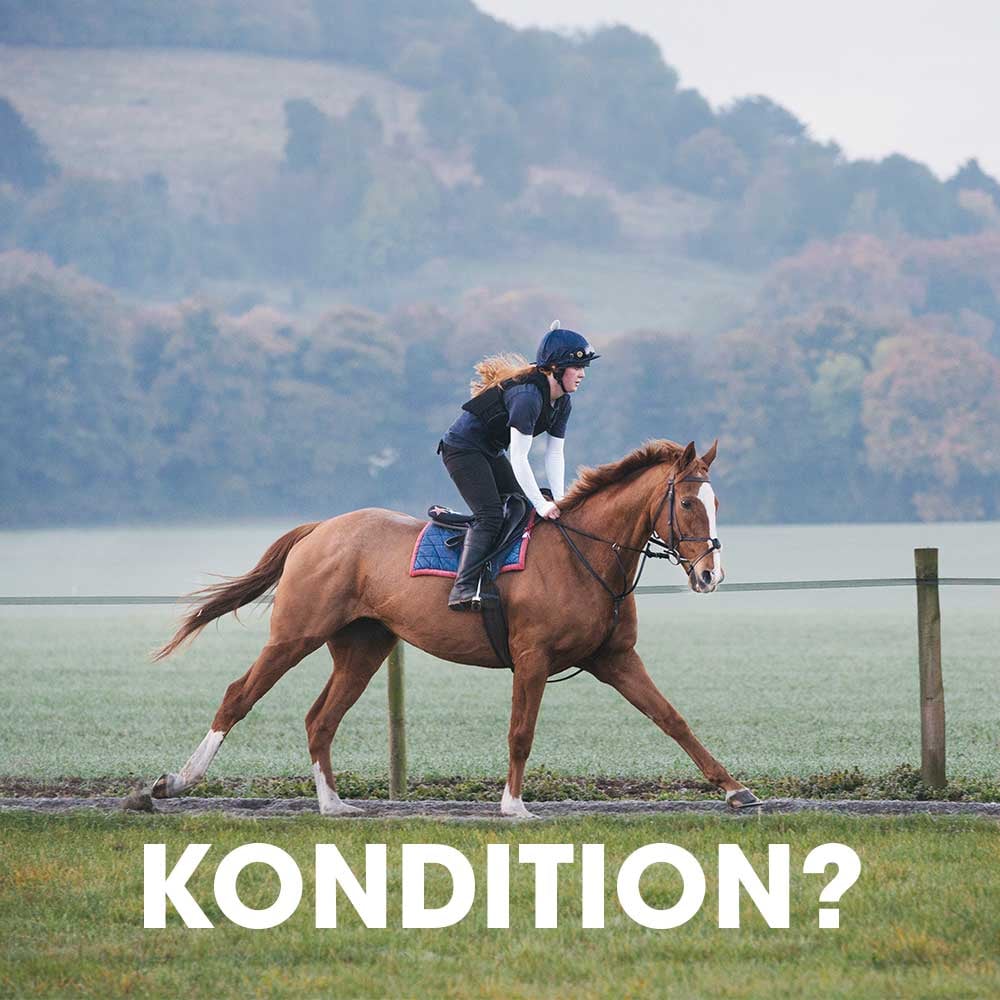
1. Condition
Prepare your horse's fitness level in advance!
What type of vacation are you considering? While a course in most cases requires less preparation in terms of increasing fitness, a trail ride, possibly in mountainous areas, may require a higher level of fitness. Additional feeding with EquiGreen PowerMix can ensure the horse's muscles are loose and well-nourished.

2. Insurance
Check insurance coverage.
Find out in good time what insurance your horse needs for your vacation. Liability insurance is mandatory in any case. If you are planning your trip abroad, find out in good time whether your insurance also applies in the holiday destination. Some insurance companies require you to provide information when changing location! The same applies to pet life and health insurance. For longer transports, it may make sense to take out transport insurance.
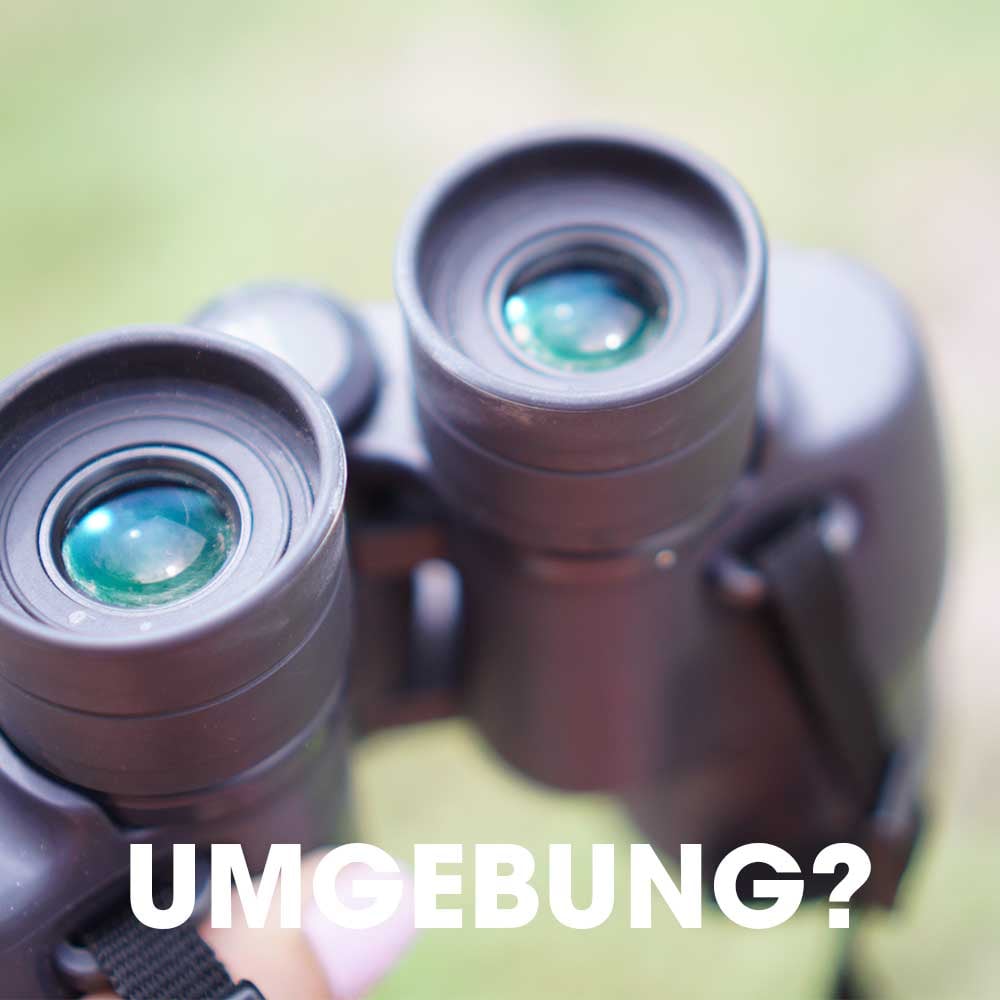
3. Vicinity
Check the surroundings on site.
Rest and relaxation for horse and rider needs to be well planned. Get an idea of the horse's surroundings early on. Farm holidays are ideal, but they can quickly become stressful events. For example, if your horse is not familiar with agricultural machinery, tractors, sheep or cows, the rural idyll can quickly become a cauldron. Additional feeding with EquiGreen nerve food ensures relaxation and can ensure stress-free togetherness throughout the entire holiday.
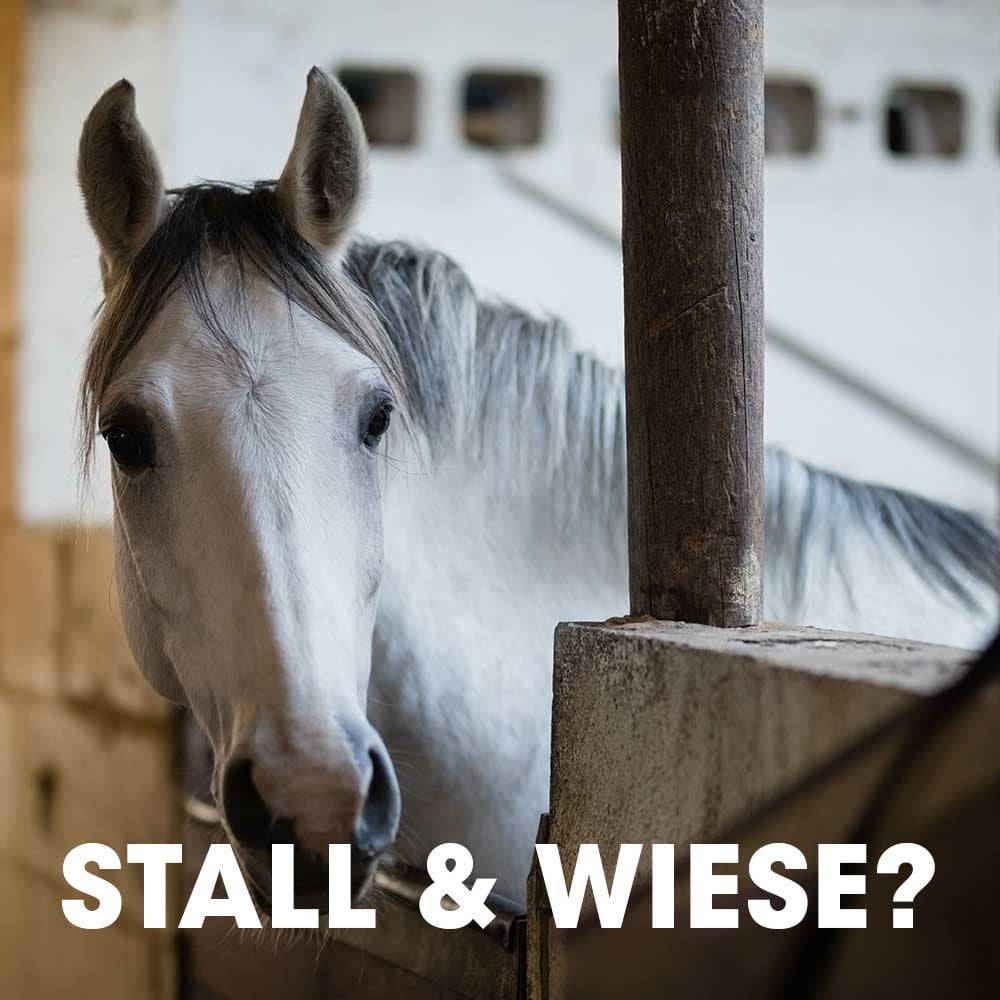
4. Stable and meadow
Stable and meadow check.
How is accommodation planned at the holiday destination? Clarify the housing conditions in advance. Are there paddocks or pastures? Individual or group housing? How is litter and fed?
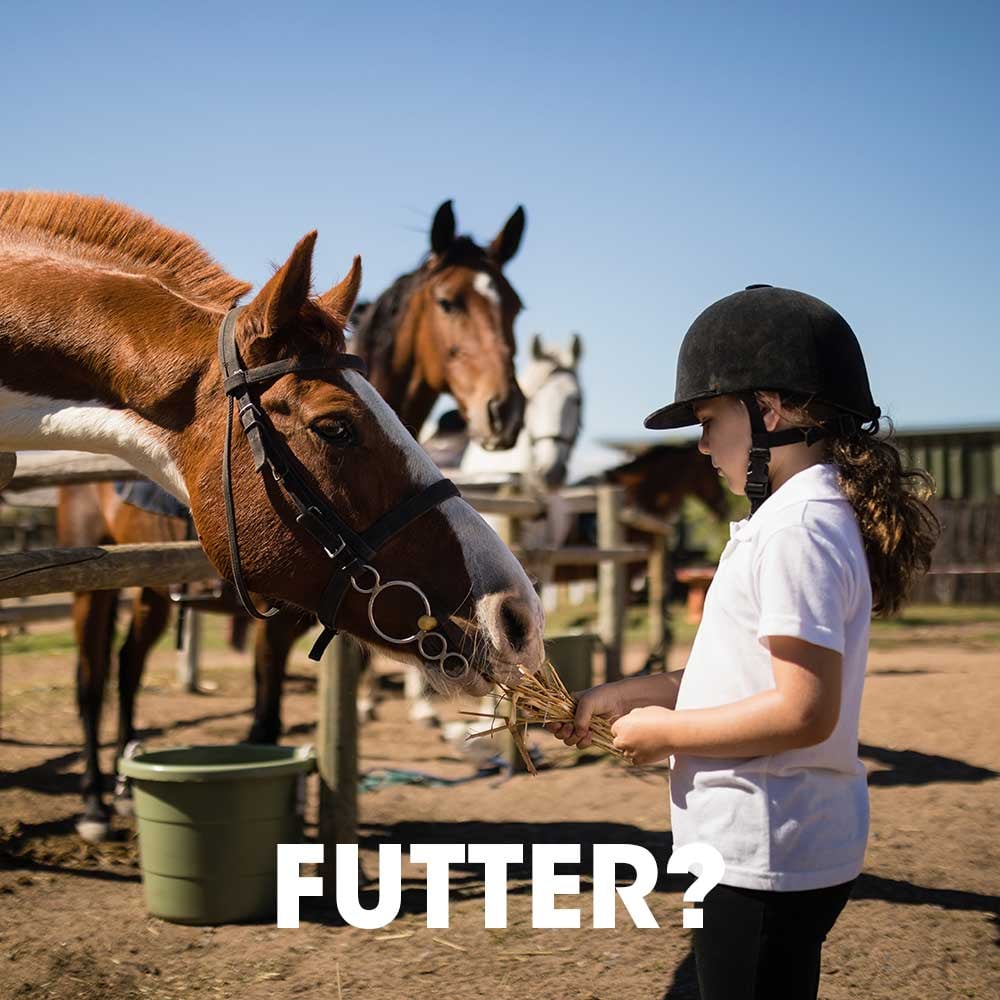
5. Feeding
Feeding – make sure you have enough concentrated feed and hay.
In many cases it is possible to provide the horse with its usual feed – i.e. to take it with you on vacation. Do you know EquiGreen Natural Power – either with or without oats? Available as a winter mixture with respiratory herbs, or as a summer mixture with garlic granules to repel insects.
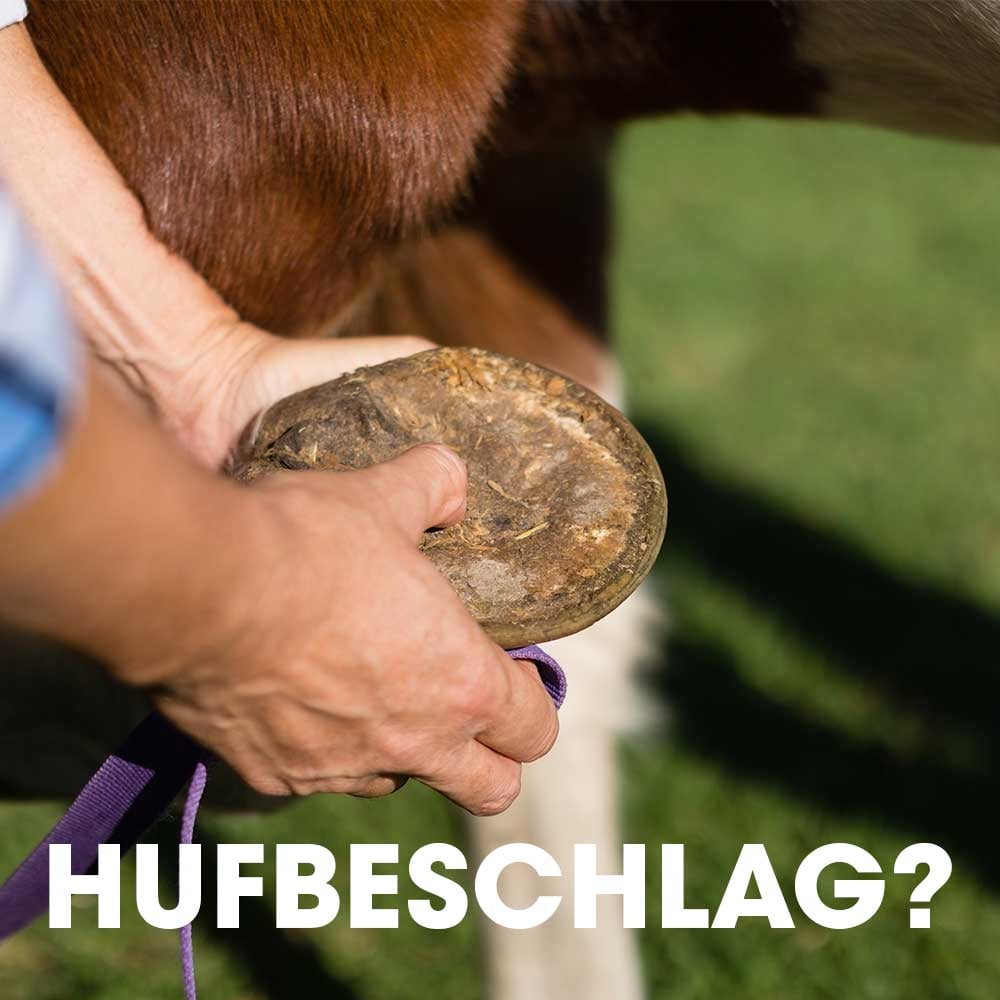
6. Horse shoeing
Check hoof shoes.
Is shoeing or trimming hooves sensibly integrated into time management? Ideally, the fitting is no longer brand new – around 3 weeks old – but in no way worn out. The local terrain may place special demands on hoof protection (rocky areas). Additional care with Equigreen Hoof Oil nourishes stressed hooves. If you have existing special fittings, think about replacement iron if the local blacksmith does not have it in stock.
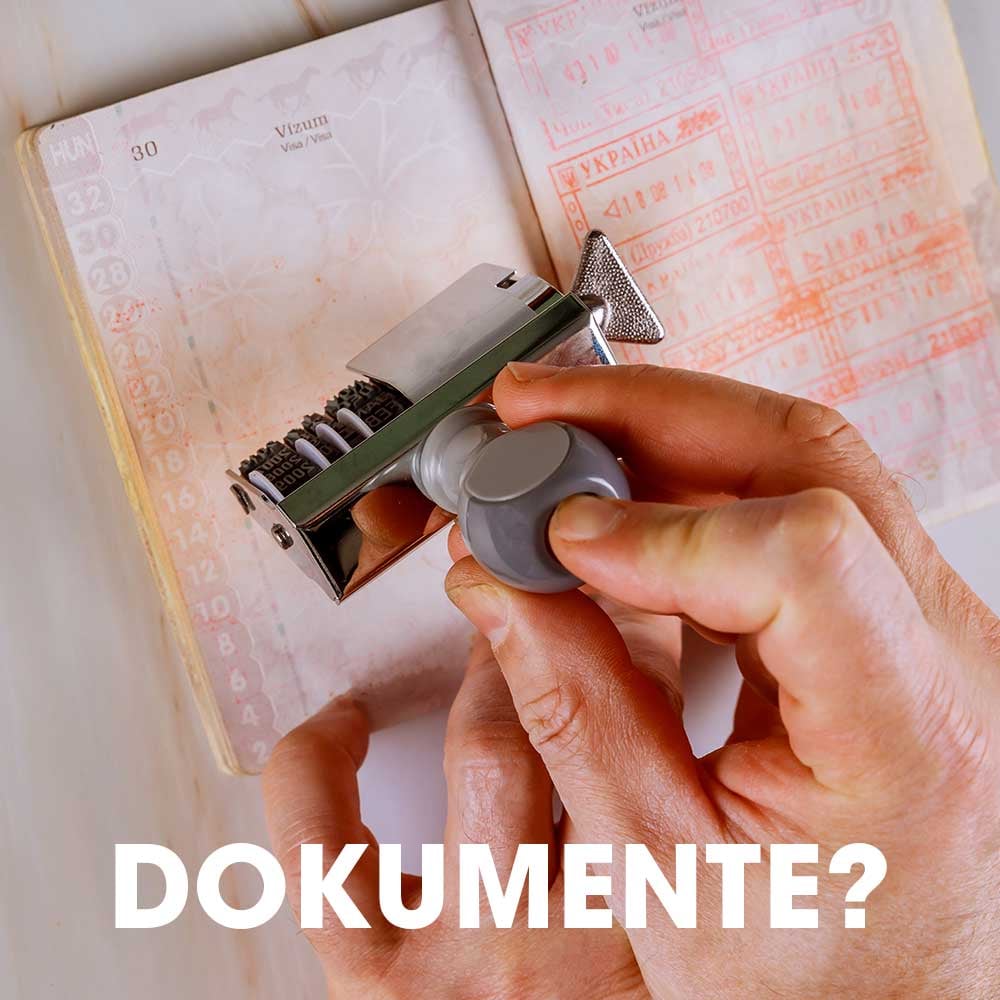
7. Documents
Equine passport, health certificate, customs documents if applicable.
Is the equine passport in your luggage? Vaccination and most recent deworming are usually noted in the equine passport. Are vaccinations and worming treatments up to date? For horses born before 1997, vaccination data is often kept in a separate passport – please keep this in mind if necessary. In some holiday countries a health certificate is required.
There are no customs formalities within the EU. In non-EU countries like Switzerland, things are a little more complicated. There you usually have to declare your horse through customs or apply for a customs document at the responsible home customs office. So find out in advance about the entry requirements for your holiday destination.
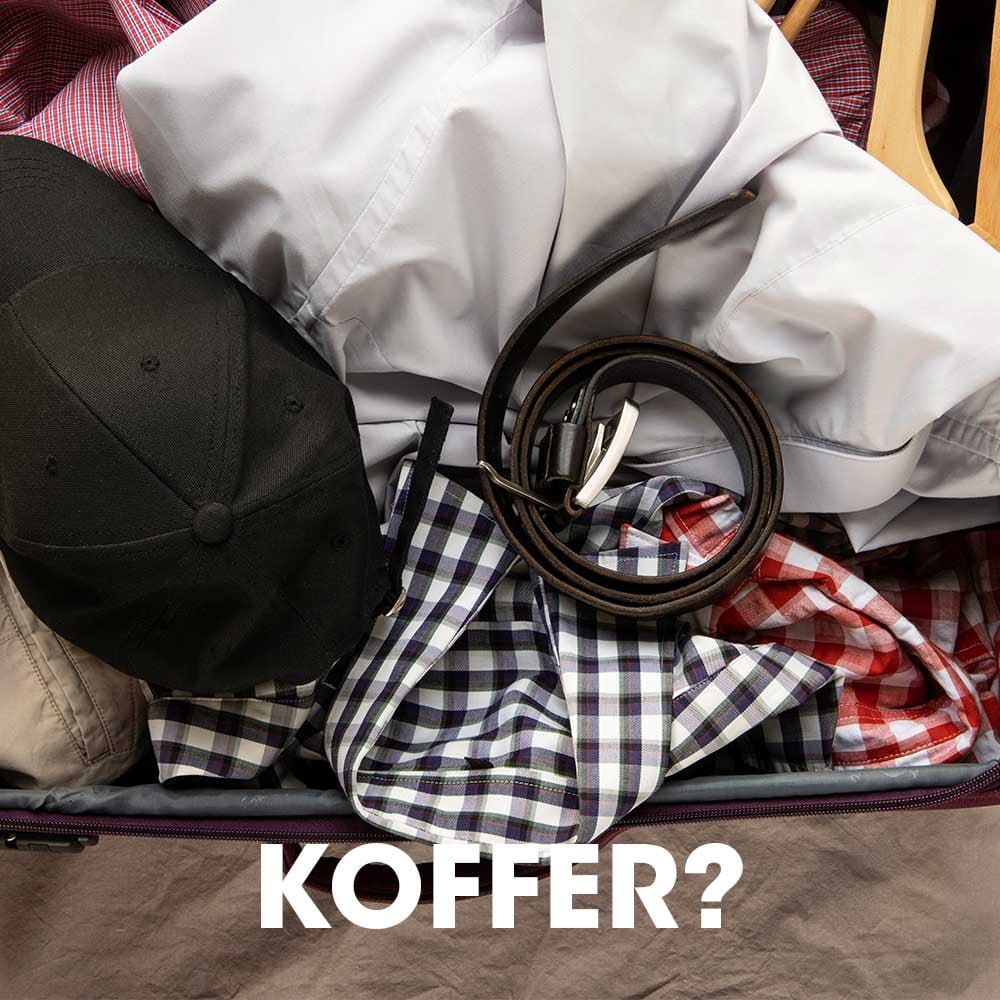
8. Suitcase
Think about EXTRAS (panniers, weatherproof clothing, etc.).
When it comes to equipment, the following applies to you and your horse sports partner: Do you need something special or new on vacation? Make a note of anything EXTRA that is needed, such as panniers for trail riding or ropes for securing or fencing in a small paddock. Is there enough rain and weather protection clothing available?
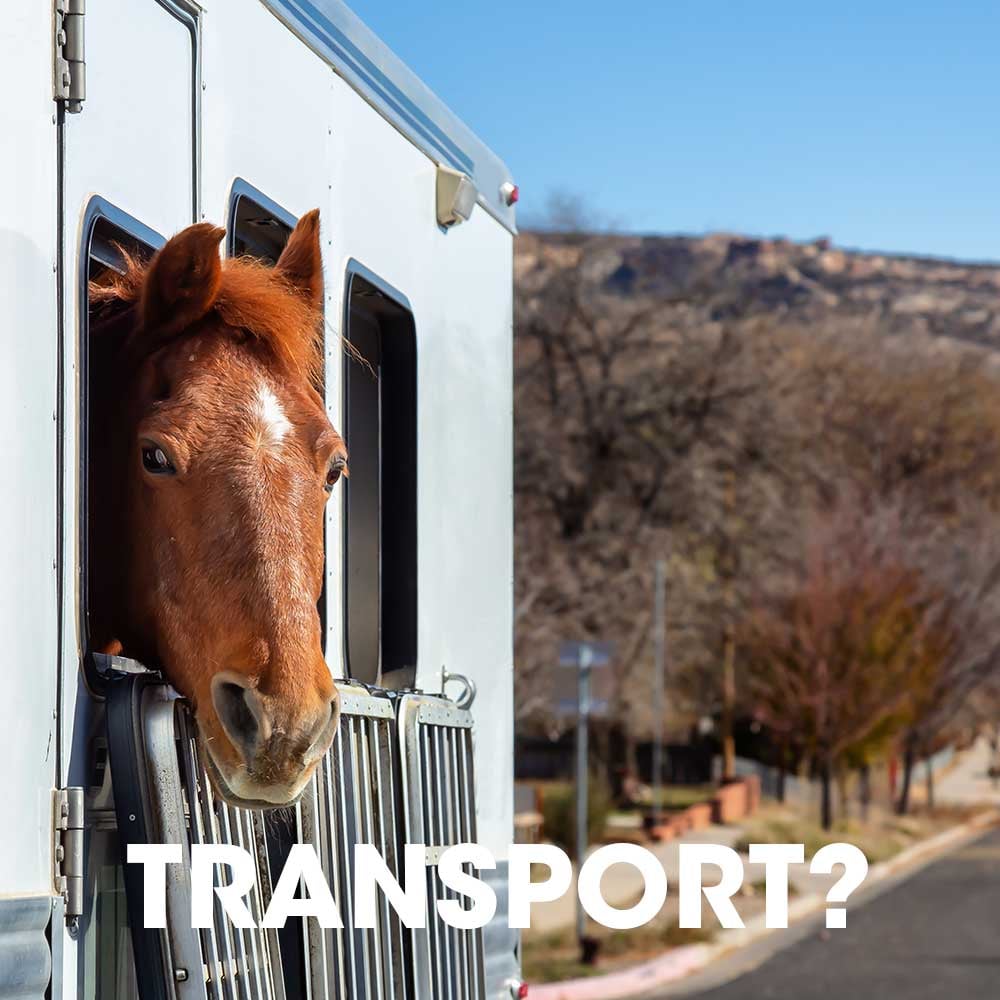
9. Transport
TransportCheck, if necessary, check the road safety of the transporter.
The journey to the destination should not be a major burden. If your horse is used to transport, there should be no problems. Experienced competition horses are more likely to stay cool on board than four-legged friends who are rarely transported. For inexperienced horses, it is advantageous to practice loading, as well as attaching and wearing the transport boots beforehand. The nutritional balance of moods with Calma has proven itself many times over. A transport time of eight hours should not be exceeded. In this case, you should consider a stopover, possibly with an overnight stay.
And if something happens?
Ideal for on the go and traveling – the “little ones” from cdVet… to be carefully prepared and equipped in the event of an animal emergency. InsektoVet Total effectively and sustainably repels summer pests from fleas and mosquitoes to horseflies and ticks. The basis for insektoVet Total is a unique combination of various plant extracts and essential oils, which form an impenetrable firewall for the highly sensitive olfactory organs of insects without straining the olfactory nerves of humans and four-legged friends.
insektoVet Total
Effectively and sustainably ward off summer pests from fleas and mosquitoes to horseflies and ticks. The basis for insektoVet Total is a unique combination of various plant extracts and essential oils, which form an impenetrable firewall for the highly sensitive olfactory organs of insects without straining the olfactory nerves of humans and four-legged friends.
VeaVet Eye care
Drafts and dust pose particular dangers to the eyes. The conjunctiva can react sensitively, especially when traveling with unfamiliar vegetation and/or when the air changes. Tears, redness and the feeling of a foreign body are their first reactions to the dry airflow laden with tiny particles. For thorough yet gentle cleaning, we recommend our VeaVet eye care with rose water.
Content: 0.05 Liter (€339.00* / 1 Liter)
CoughVet Oil
For nutritional support of animals with sensitive respiratory tract.
The natural oils contain both intestinal-optimizing ingredients and respiratory-supporting ingredients. Essential oils from thyme, fennel and anise can sustainably support the natural self-cleaning mechanism of the bronchi.
